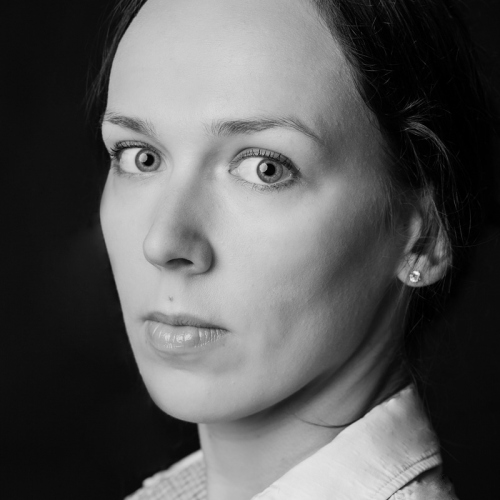YouTube, personal data, and freedom of expression: Is uploading films on the internet journalism?
We recently wrote about the relation between data protection regulations and freedom of expression in the context of the right to be forgotten. On 14 February 2019, in Buivids (C-345/17), the Court of Justice of the European Union issued another judgment on the impact of the journalism exception to the obligation to apply the former Data Protection Directive (95/46/EC). Even though the judgment was issued under the law prior to entry into force of the General Data Protection Regulation, it may be helpful in understanding the impact of freedom of expression on data protection under the GDPR.
Uploading films on YouTube is processing of personal data but may be regarded as journalism
The judgment in Buivids was issued in response to a request for a preliminary ruling from the Supreme Court of Latvia. A film was uploaded to YouTube showing Latvian police officers performing their duties, taking a statement from the person who made the recording. In posting the video, the author relied on his right to freedom of expression, claiming that the purpose of making and posting the recording was to show the unlawful behaviour of the Latvian police.
The Latvian court requested a ruling from the Court of Justice on two issues: First, do the activities by the poster of the recording fall within the scope of Directive 95/46/EC? Second, under Art. 9 of the directive, may the posting of the recording be regarded as the processing of personal data for journalistic purposes?
The Court of Justice held that the image of the police officers recorded in the film may constitute personal data under the directive, and recording and subsequent posting of the film online falls within the definition of processing of personal data. The fact that the data subjects were police officers performing their duties did not affect the need to apply the directive.
On the second question, the Court of Justice pointed out that the right to freedom of expression, and thus to pursue journalism, must be interpreted broadly. Moreover, it is not only representatives of media undertakings who are entitled to claim the exemptions in the directive for exercising this freedom. In this context, the court held that “‘journalistic activities’ are those which have as their purpose the disclosure to the public of information, opinions or ideas, irrespective of the medium which is used to transmit them.” But the Court of Justice did not make a finding on whether the litigant who made the recording in this case should be regarded as acting for journalistic purposes. Rather, it was up to the Latvian court to make this determination in light of the circumstances of the case. Nonetheless, the Court of Justice stressed that the mere fact that the film was published on YouTube did not exclude a finding that the action was taken for journalistic purposes. The court once again explained that it was essential to balance the right to privacy and the right to freedom of expression.
While the Court of Justice did not decide whether the maker of the recording in this case acted for journalistic purposes, it is still an important ruling. It clearly shows that in the view of the Court of Justice, the right to privacy is not absolute, as there are situations where other values, such as freedom of expression, take precedence.
Katarzyna Szczudlik
